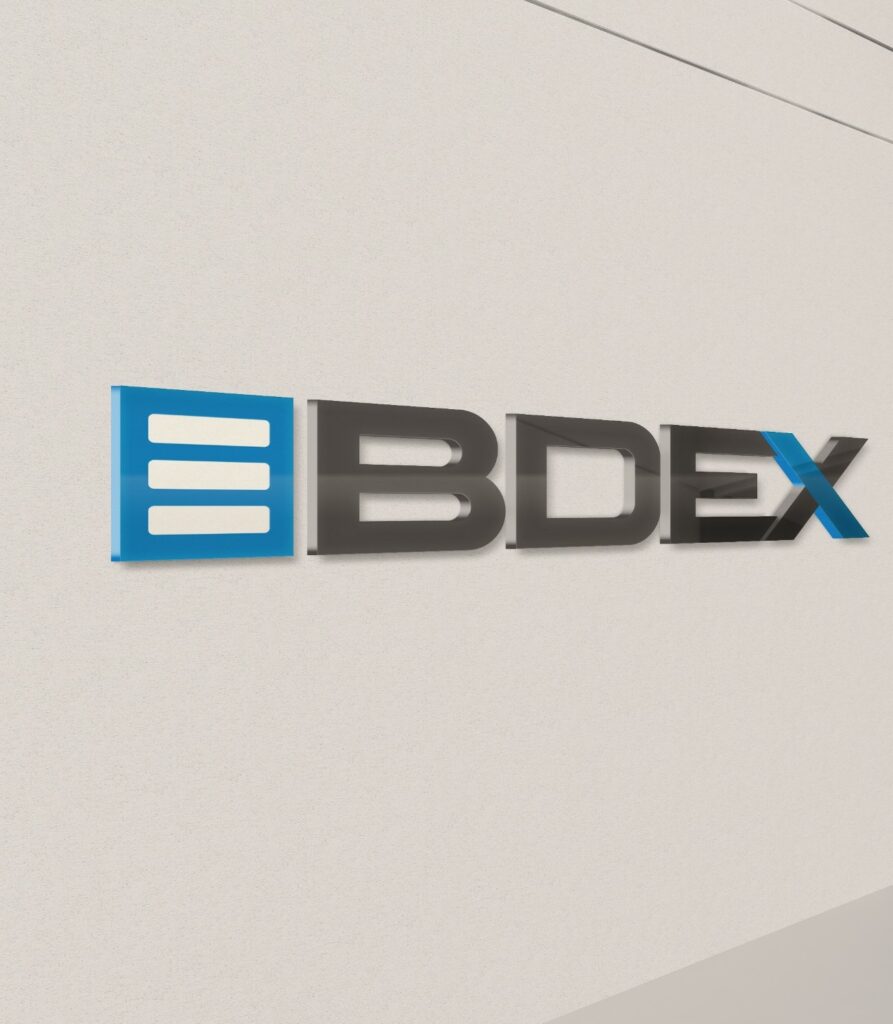Marketing teams worldwide will increase spend on analytics 83% over the next three years, according to the most recent report from CMOSurvey.
Despite these plans to increasingly integrate big data analytics in projects, CMOSurvey indicates that marketers are struggling with a host of issues, including a pervasively limited return on investment. Despite spending increases on data insights, the majority of marketers report a low-to-moderate impact on project outcomes. Most companies perform no formal evaluation of their analytics efforts or big data quality, and B2B marketers are nearly twice as likely to integrate measurement as professionals in the B2C space.
It’s safe to assume that data-driven marketers recognize that big data quality is closely tied to outcomes, but lack practical and convenient means of measurement. In fact, many of the most common challenges are directly tied to these companies data procurement methods, which can facilitate a lack of trust and testability.
Common Challenges in Marketing Analytics Initiatives
Insights from research firm Spencer Stuart indicate that out of over 1,000 marketing leaders surveyed worldwide, the following challenges were most commonly reported:
- 32% struggle with trusting in black box analytics.
- 18% are limited by indirect data channels that make collection difficult.
- 13% find limited applicability in big data to traditional advertising methods.
- 12% are unable to predict the outcomes of creative ideas, which could be connected to a lack of unbiased scoring on existing data sets or metadata on insight freshness.
Most of these analytical marketing leaders are combining first and third-party insights in a data management platform (DMP). While the DMP may be considered a leading solution by marketing teams, they can contribute to perceptions of analytics as a black box methodology. Inconsistent results and a lack of unbiased data quality scoring from third-party vendors compounds poor trust factors. While marketers understand the potential of big data analytics, they’re unable to drive these results with existing tools and vendors.
How Buyers Benefit from a Data Exchange Environment
Marketers have the budget to procure the right data insights, but available resources often cause their projects to fall short of ambitious conversion goals. In the age of big data, companies should understand their rights as buyers, and advocate for their teams to procure sufficiently fresh and quality insights.
Simply put, there is no shortage of data insights available to companies with a budget for analytics initiatives. Consumer data simply isn’t a limited resource or a highly-prized commodity. By moving towards a model of data exchange, buyers can eliminate artificial barriers to necessary insights for success. The Data Exchange Platform (DXP) can be integrated with existing data management platforms, providing teams with the ability to:
- Buy insights that are seconds, not months, old.
- Filter prospective data sellers by unbiased, third-party scoring of resulting conversions.
- Create robust, comprehensive customer profiles based on qualitative, quantitative, identity, and behavioral insights and continue optimizing audience groups.
- Continue adding and subtracting data insights from multiple vendors, according to project budget.
- Take an iterative, agile approach to customer profiling to meet program targets.
By removing artificial barriers between data vendors and prospective buyers, marketers can eliminate the lack of transparency and options which damage analytics projects. Instead of purchasing from data brokers or aggregators, buyers can access real-time data directly from the source. In an age where each click online contributes to vast stores of knowledge on consumer identity, behavior and preferences, marketers shouldn’t face difficulty in data procurement. In fact, the abundance of big data insights should create a market in which buyers are able to advocate for their rights to high-quality insights.
For more information on how the BDEX Data Exchange Platform (DXP) can increase transparency and trust in marketing analytics initiatives, contact us today.
image credit: adamr/freedigitalphotos.net



